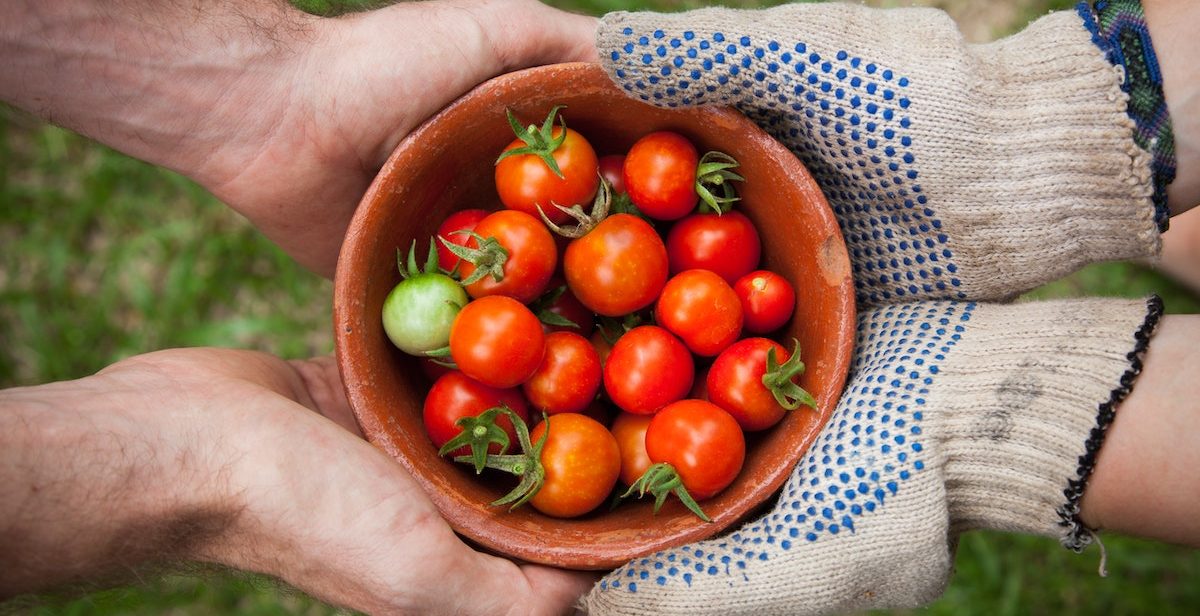Once upon a time, people exchanged goods and services with their neighbours: If you had a surplus sack of potatoes, you could swap it for your neighbour’s extra carrots. The invention of money has definitely proven useful. But in our haste to have more and more possessions, it seems we lost some of our community spirit along the way. Read on to discover how local trading and sharing schemes are thriving.
LETS barter
Since the mid 1990s, a new kind of exchange and barter economy has emerged. It all started with Local Exchange Trading Schemes (LETS). Set up as grassroots initiatives, LETS sought to regenerate communities and connect people with local resources.
LETS allows members to exchange goods and services without the use of money. But it differs from the ancient barter system in that users don’t have to make two-way exchanges. Paint someone’s living room, give a piano lesson, or loan out your lawnmower and you’ll earn LETS credits which can be used to ‘pay’ for other goods or services.
The number of people using LETS has fallen since it peaked in the 90s. But a host of other schemes have launched, suggesting there is a public appetite for an alternative currency. Time Banks, for example, allows members to exchange an hour’s labour for an hour’s service, with all work considered equal.
Share to care
The sharing economy is thriving in the UK. So if you’re ready for a different kind of economy, try one or more of these local sharing and trading schemes:
- Trade them through platforms such as Swapz
- Give them away via Freecycle
- Rent them out through innovative platforms such as Borroclub, a site that allows you to share your household items, and Nuw, a fledgling clothes sharing app
- Share rides on Bla Bla Car, an app that makes owning a vehicle a little less necessary
- Eradicate food waste with Olio
With a reported 78% of 18-24-year olds using local sharing and trading schemes, these are exciting times indeed.

